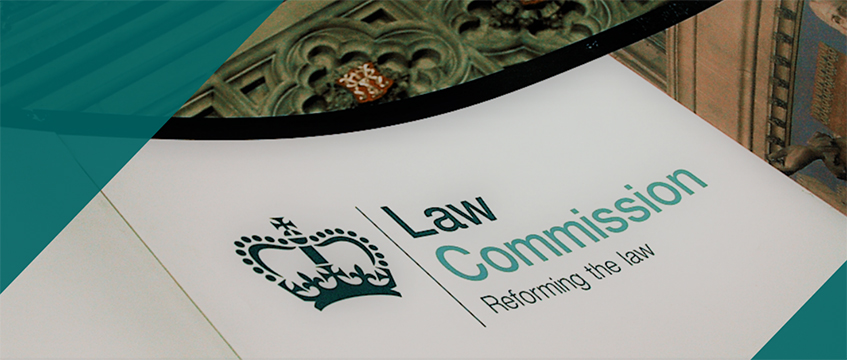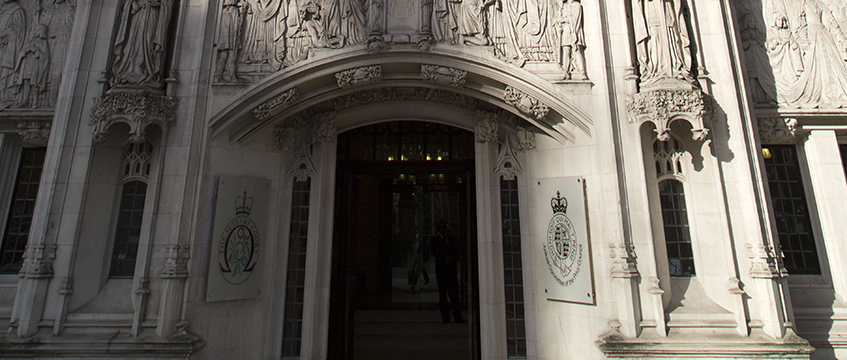On 4 March 2024, the government published its Commonhold White Paper: The proposed new commonhold model for homeownership in England and Wales. This White Paper, based on a Law Commission report in 2020, furthers a policy commitment to end the “feudal” leasehold system.
Commonhold was introduced by the Commonhold and Leasehold Reform Act 2002 and has proved more popular in policy circles than in practice. More than two decades after the Act was passed there are only a handful of commonhold units in the country, and no government has appointed the Commonhold Commissioner it provided for.
The White Paper envisages a “reinvigoration” of commonhold, so “homeowners” will have autonomy and control and not a depreciating asset.
Discussion often focuses on the abuses committed by freeholders. This is ameliorated by leaseholder control but a challenge for lessee-controlled units is often the responsibility, exposure and friction that comes with control. What is preferable is a policy question, not the preserve of a lawyer. What is the preserve of a litigator is disputes – the courts and tribunals are no strangers to disputes between leaseholders and lessee-owned management companies of which they are members or right to manage companies. Lessee-controlled vehicles are often unable to carry out works until all leaseholders have paid in advance or someone has agreed to make up any shortfall.
Postcard from the Bahamas
A Privy Council case reported on 3 April 2025, Rolle and another v Town Court Management Co (Bahamas) [2025] UKPC 16 is of some interest as it concerned a condominium (on the island of New Providence), and a system of ownership similar, if not identical, to commonhold.
The judgment does not make happy reading for the appellant condominium owner. The writing is on the wall from the opening paragraphs (Per Lord Leggett):
“… It was never the appellants’ intention to live [in the unit] themselves. They acquired the unit to let to tenants for the purpose of generating rental income. The appellants enjoyed such rental income in the following years without the inconvenience of having their profits reduced by contributions to the common expenses of the property. This was because the appellants refused to pay such contributions. They asserted that they had no legal obligation to do so. That might seem an improbable, if not reprehensible, position to adopt…”
The appellants are lawyers and on the basis of “legal knowledge which the other unit owners may not possess” had come to the conclusion the owners of the condominium units had no power to delegate the management of the building to managing agents. On this basis, they stopped paying towards common expenses.
In a twist that would not surprise a service charge litigator, the appellants then sued the condominium owners as a body for disrepair, alleging water ingress and lost rental income. The (other) owners, unsurprisingly, counterclaimed for unpaid service charges. The claim had a sad procedural history (it took 16 years to reach trial). Both claim and counterclaim succeeded at first instance and the appellants appealed to the Court of Appeal of the Bahamas, where their appeal was dismissed. The appellants then exercised their right to appeal to the Privy Council. There the appellants argued there were three governing instruments: (1) the Law of Property and Conveyancing (Condominium) Act; (2) byelaws which regulate the operation of the property; and (3) a declaration, made on 8 October 1979, by which the property was subjected to the provisions of the Act.
The Act vested the property in the body corporate and made provision for the exercise of duties and powers. The appellants’ argument was that these duties and powers were none delegable – the declaration made provision for powers to be exercised by managing agents but it was said this was not permitted by the Act.
The problem with that argument was the Act provided for the body corporate to have any powers, other than those set out in the Act, stipulated in just such a declaration.
That, as far as the Privy Council was concerned, was that.
Lessons to learn
An order for costs in this case might go some way to addressing the pressures on the other condominium owners who, in addition to having to carry the appellant’s share of the service charges for 25 years, would also have had to have borne the cost of the litigation.
Not all disputes between co-owners will end up in the highest of courts, or be litigated in jurisdictions with no provision for cost recovery separate from a contractual basis. Practitioners will be aware of the difficulty lessee-owned vehicles already face in choosing between spending sums in excess of the debt being chased in legal costs or facing contributing leaseholders subsidising defaulting ones.
Whether to make provision for how commonhold units will operate when co-owners either cannot agree, or some cannot pay, is a policy choice, but, if commonhold is to be invigorated, it may be necessary to provide for what happens when self-management is not harmonious management.
Richard Granby is a barrister at Tanfield Chambers











